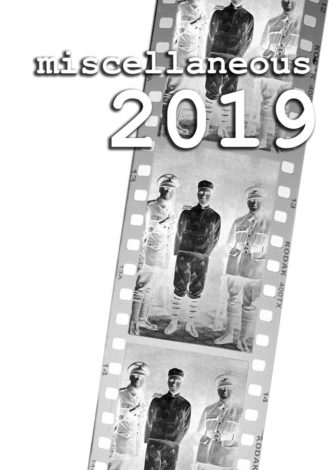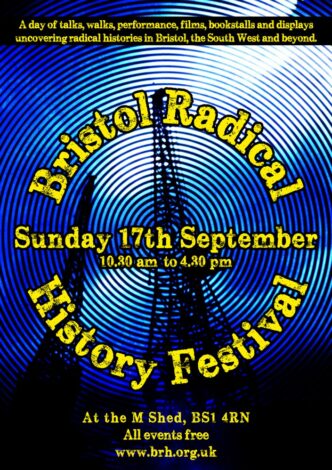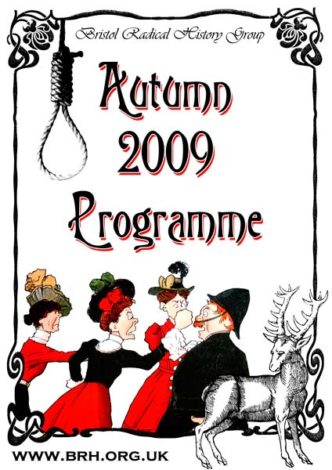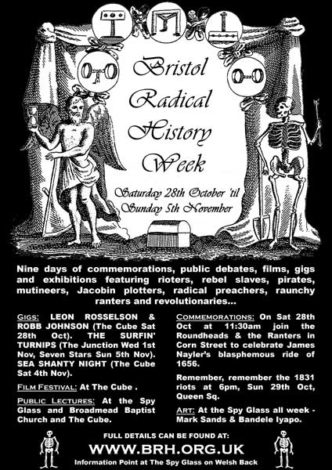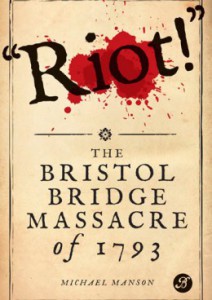History Walk: Riots, Massacres and Reform 1700s-1832
This 1.5 hour walk in the centre of Bristol takes us through a century of working class history, charting the path of the ‘crowd’ from the ‘moral economy’ of the 1700s, through the effects of the French Revolution to the Reform riots of 1831/2. So come and find out: Why Bristol merchants trembled if the Kingswood Colliers were in town How best to do ‘collective bargaining by riot’ What happened during the infamous Bristol Bridge massacre What a silver coin, some stolen hammers and a tricolour […]


